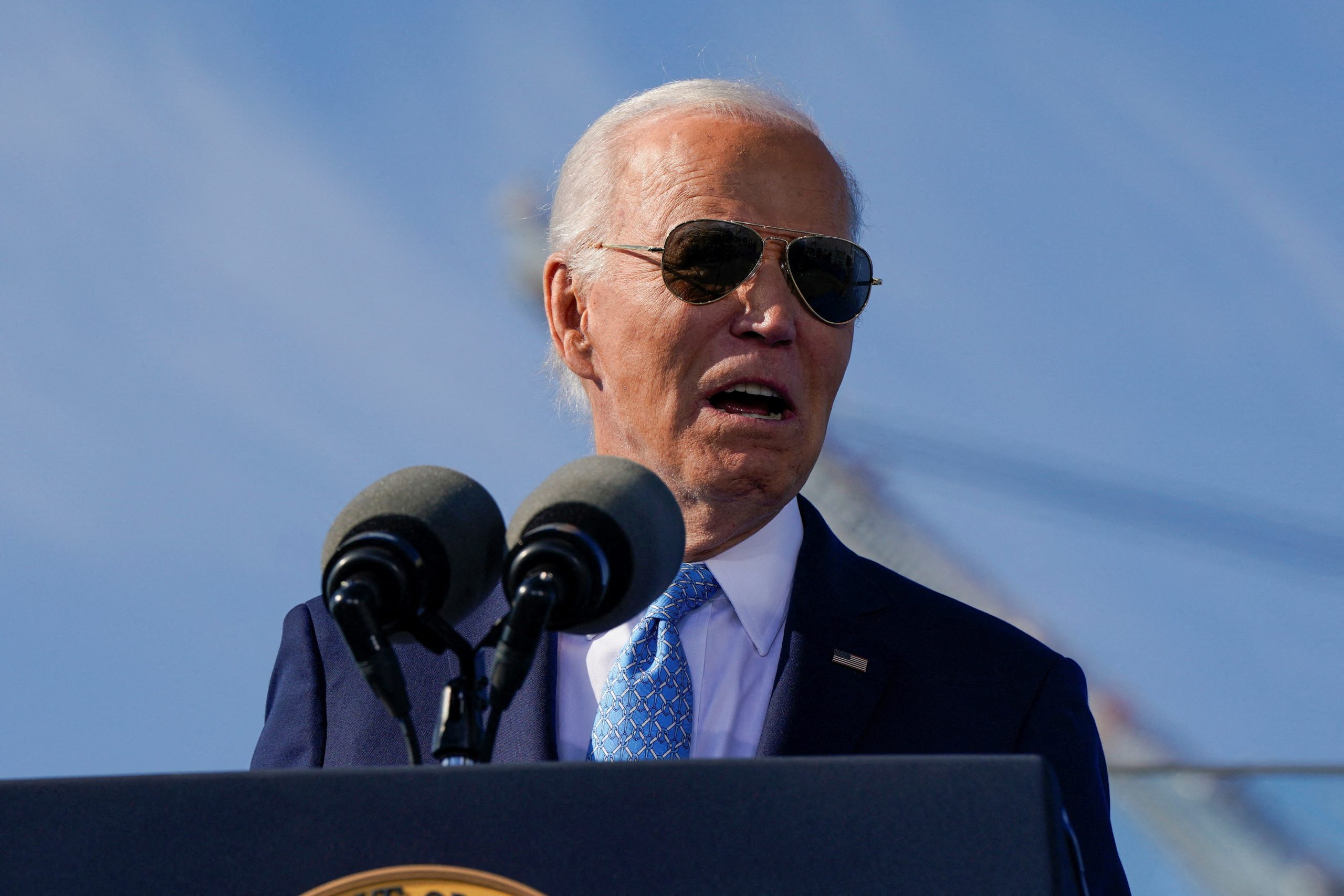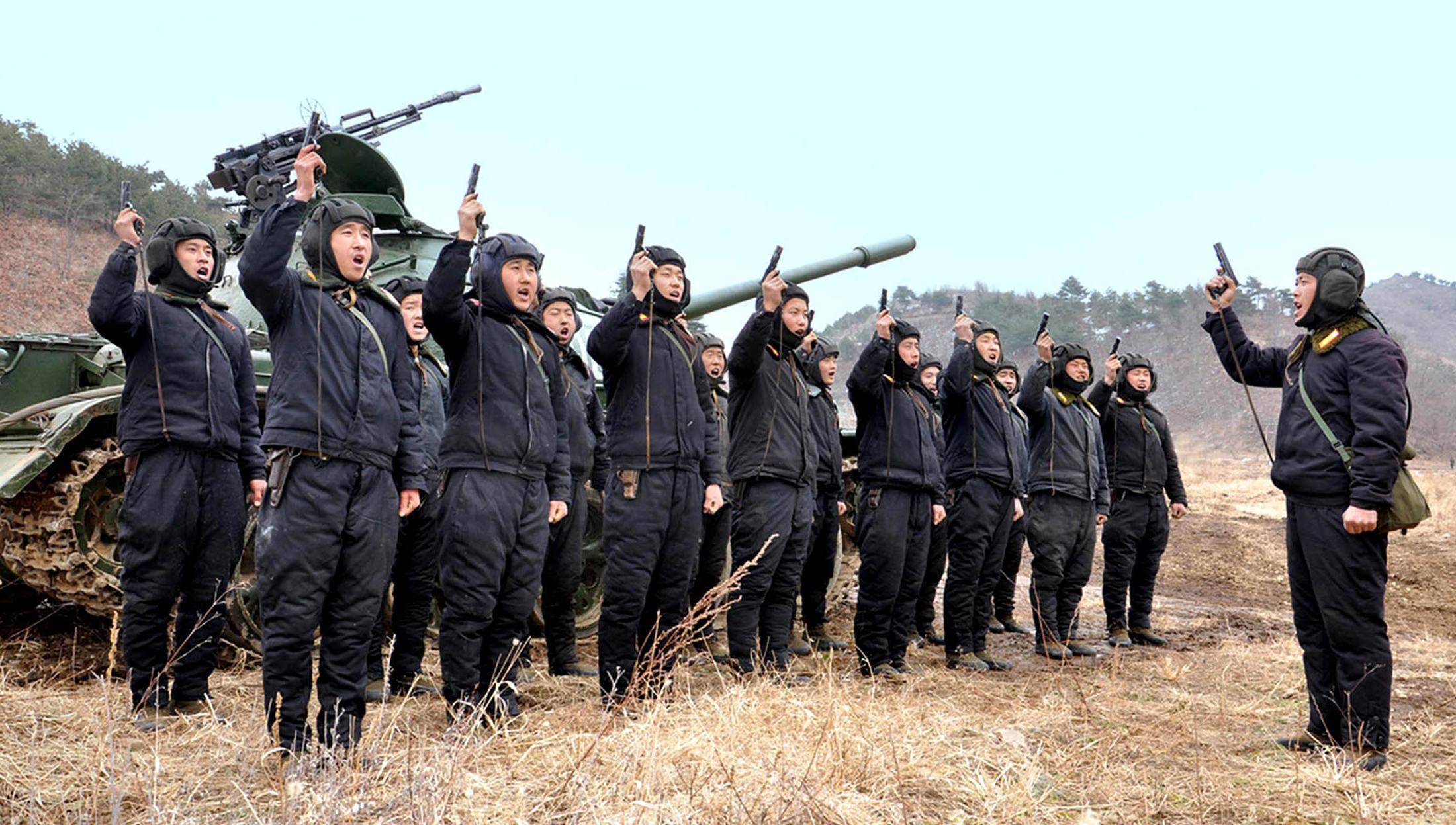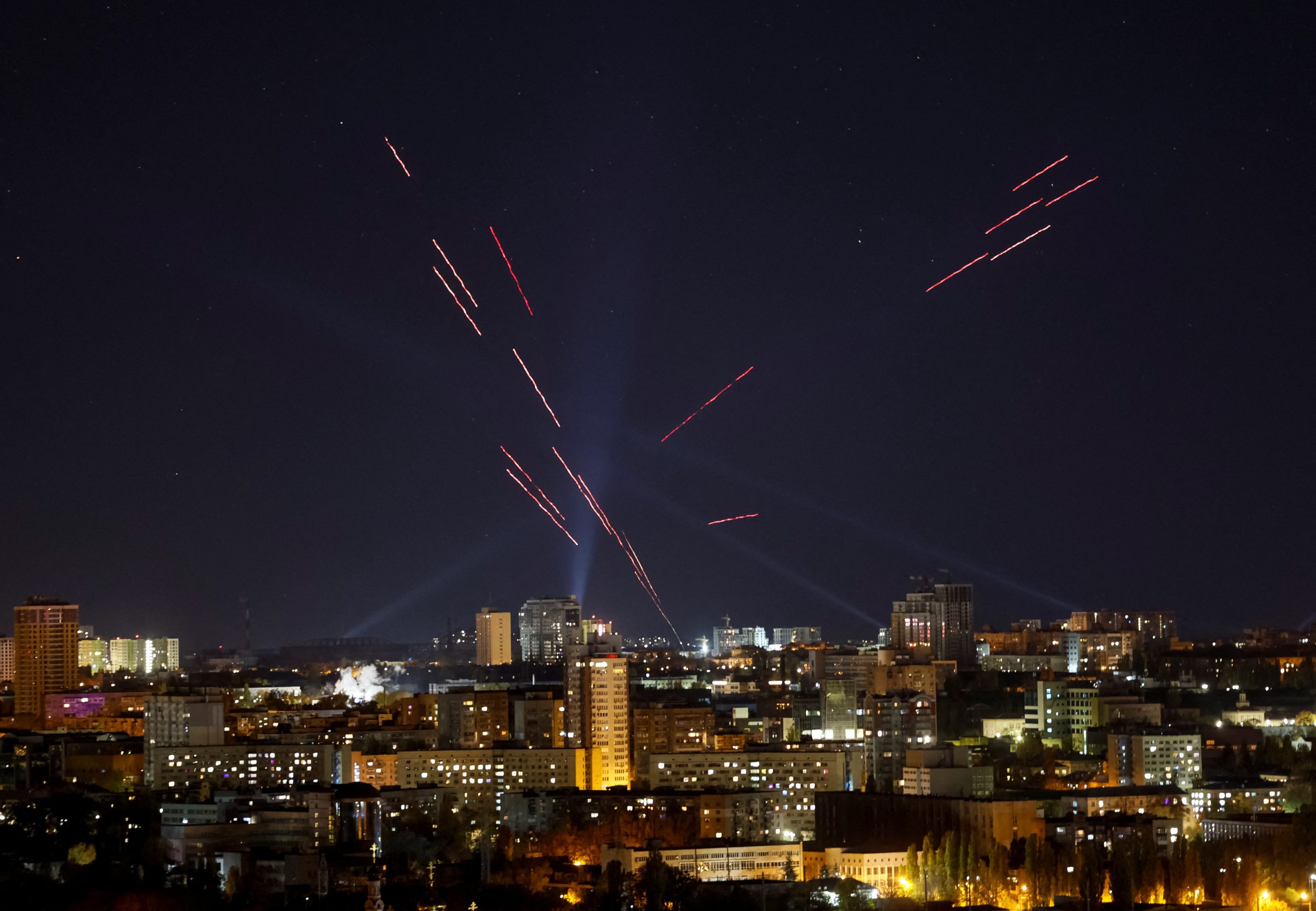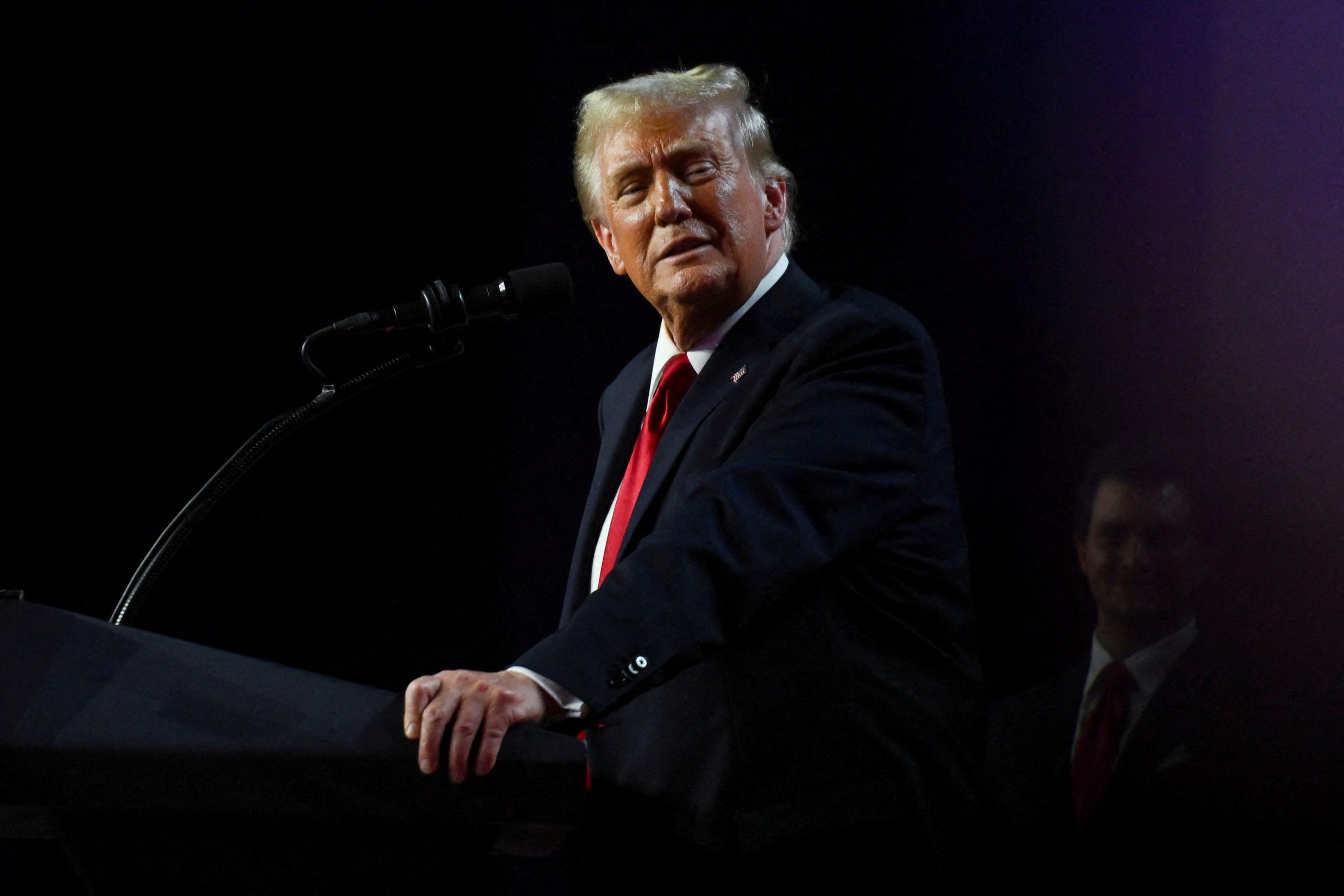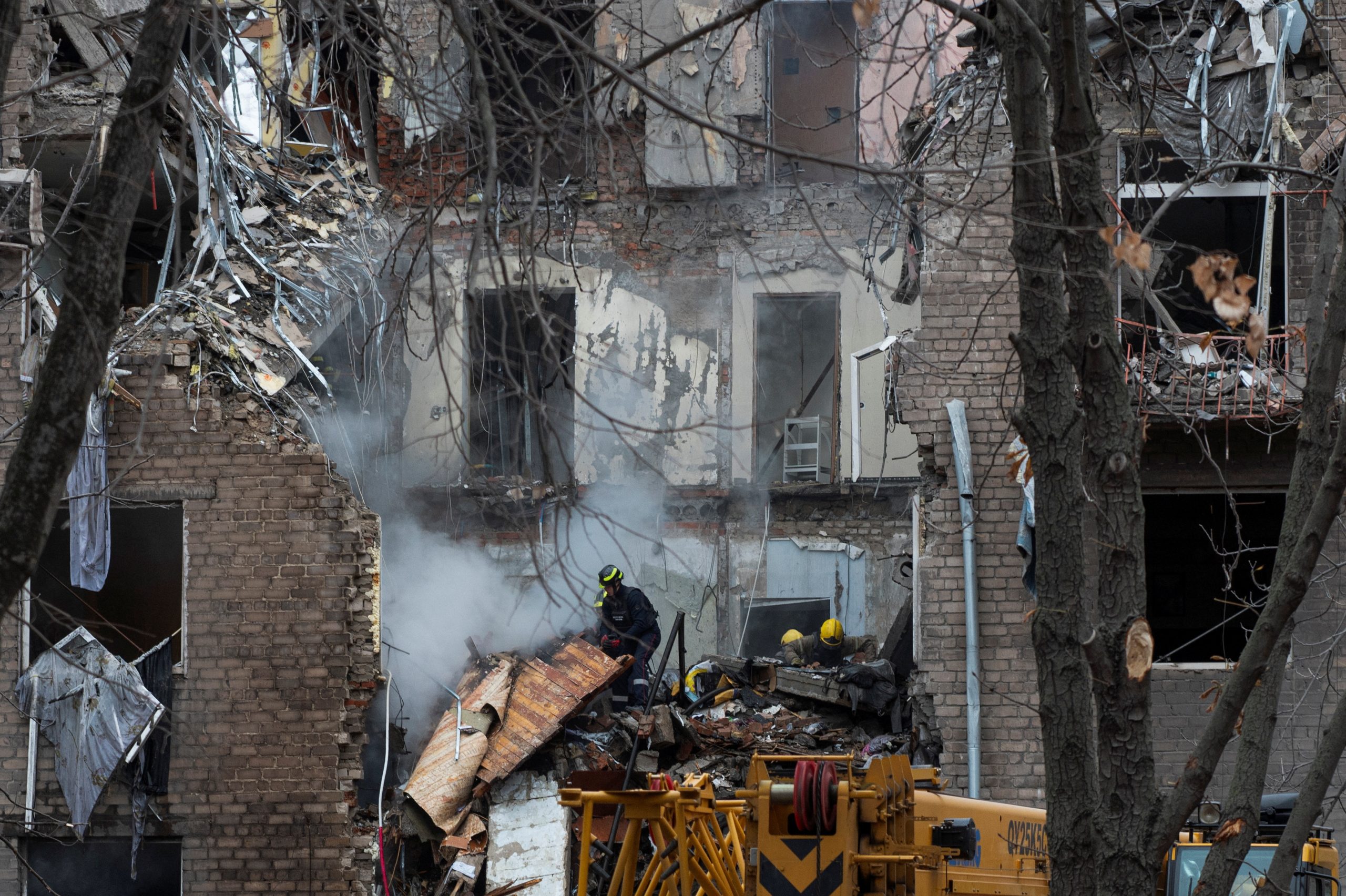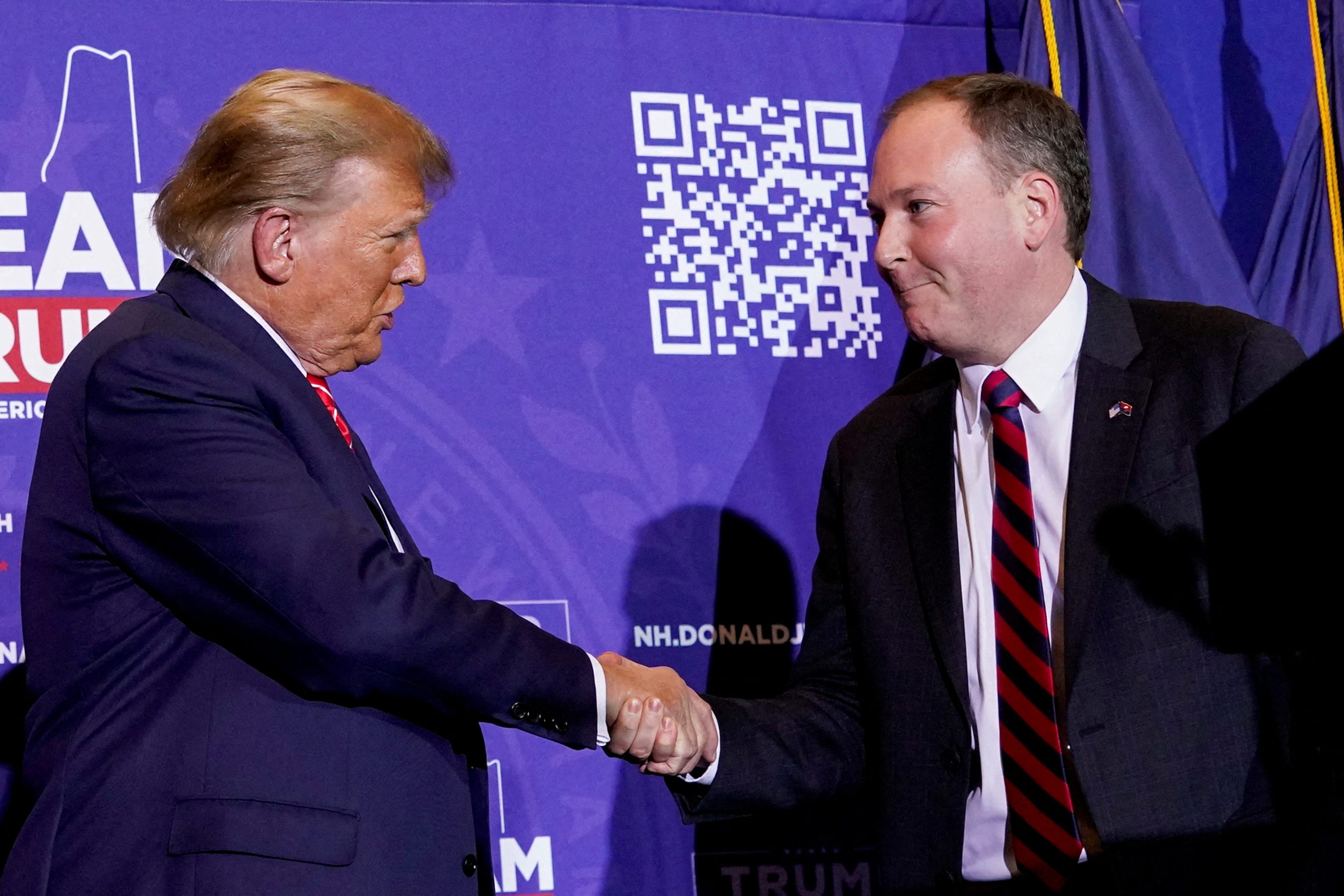The U.S. and Europe are united in outrage over Georgia’s recent parliamentary election, which they argue failed to meet democratic standards. U.S. President Joe Biden joined global leaders in condemning the vote, marred by violence, fraud allegations, and the controversial “foreign agent” law, which critics say is designed to silence opposition voices. In a powerful rebuke, Georgian President Salome Zourabichvili labeled the election a “Russia[n] special operation,” calling for a complete re-run to restore democratic integrity.
The October 26 election saw Georgia’s ruling party, Georgian Dream, claiming victory with 54 percent of the vote, a result heavily disputed by opposition leaders. Biden expressed “deep alarm” over the election’s conduct, urging the Georgian government to repeal the “foreign agent” law, which mirrors similar policies in Russia aimed at suppressing dissent. Biden criticized the elections as failing to meet “free and fair” standards, highlighting the erosion of democratic norms in the country. “This is not what democracy looks like,” Biden said, emphasizing the need for an “inclusive dialogue” in Georgia to rebuild public trust.
Zourabichvili Calls for National Protest, Medvedev Threatens Arrest
President Zourabichvili’s sharp denunciation of the election outcome has ignited a firestorm in Georgia, with the president rallying citizens to protest what she called a blatant manipulation orchestrated to favor the ruling party. “This election has the fingerprints of a Russian-style operation,” Zourabichvili declared, pointing to vote-buying and intimidation tactics that critics say have become increasingly common.
Moscow reacted quickly to Zourabichvili’s statements, with former Russian President Dmitry Medvedev, now deputy chair of Russia’s Security Council, calling her comments “incitement to a coup.” Medvedev further demanded Zourabichvili’s arrest, adding tension to an already volatile situation. The dramatic clash highlights the deep political divide in Georgia, with opposition forces calling for new elections while the ruling Georgian Dream party continues to hold its ground.
European Union Joins Biden in Condemning Election Violations
Georgia’s election has drawn condemnation from key figures across Europe. European Union leaders echoed Biden’s call for transparency, emphasizing the need for a thorough investigation. The Organization for Security and Cooperation in Europe (OSCE), which monitored the election, reported serious concerns, citing instances of vote-buying, restrictive legislation, and campaign irregularities. Sweden went so far as to suspend cooperation with Georgian authorities, citing the government’s democratic backsliding as incompatible with European values.
The controversial “foreign agent” law, enacted by the Georgian Dream government earlier this year, has received widespread criticism from both domestic and international groups. Mirroring Russian tactics, the law forces organizations receiving foreign funding to register as “foreign agents,” a label often used to stigmatize and suppress opposition. Biden’s administration has been particularly vocal in opposing the law, warning that it threatens the very foundations of Georgian democracy.
Growing Isolation for Georgia Amidst Widespread Skepticism
The contested election and the government’s crackdown on civil society have put Georgia on a path toward international isolation. Only a handful of countries — including Azerbaijan, Armenia, Turkey, China, and Hungary — have recognized the election results, further underscoring the growing divide between Georgia and Western allies. Georgian Dream’s perceived alignment with Moscow’s agenda has deepened concerns among EU and NATO members, some of whom have questioned the viability of Georgia’s path toward European integration.
In response to the mounting pressure, Georgia’s Central Election Committee has requested that the country’s prosecutor’s office investigate claims of electoral fraud. However, critics argue that these moves are mere gestures to placate Western powers rather than genuine attempts to uphold democratic principles.
What’s Next for Georgia’s Democratic Future?
With global pressure mounting, Georgia faces a critical juncture. Will the government heed calls from the U.S. and EU to address election irregularities and restore democratic processes, or will it continue down a path of increasing alignment with authoritarian tactics? The question looms large as protests gain momentum and international voices grow louder. The outcome could determine not only the future of democracy in Georgia but also the country’s relationship with its Western allies.
Sources for this article include statements from U.S. President Joe Biden, Georgian President Salome Zourabichvili, and OSCE election observations.

